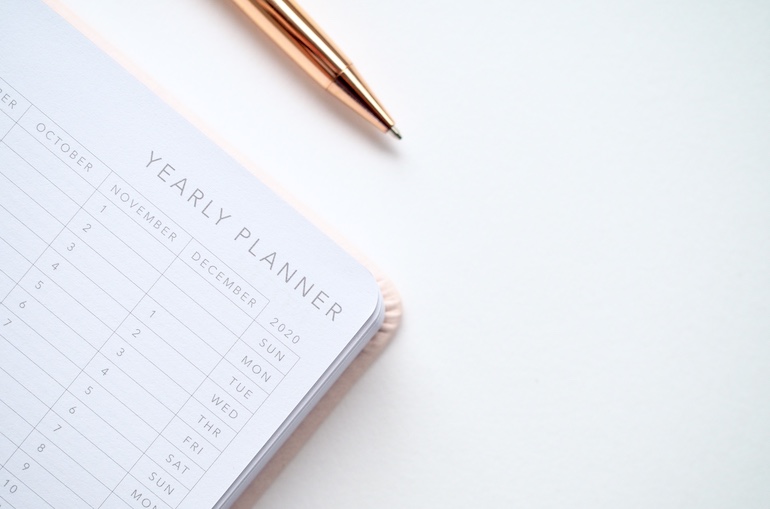
As the COVID-19 pandemic continues, each state, school, and place of work is changing regulations at what seems like a daily rate. Your schedule might be in a constant state of flux as you adapt to get work done, help your kids with virtual school, and more. This constant shifting has caused, overall, a surge in negative mental health outcomes. Consistent schedule changes certainly aren’t helping, as a loss of routine is known to produce anxiety.
It may be difficult, but now more than ever, it’s critically important to prioritize your physical and mental health. Ensuring that you get a consistent 7-9 hours of sleep, night after night, is one surefire way to do that. Here are a few consistent habits you can build into your day-to-day to help you fall asleep at night, even as routines and schedules change.
Habits to Improve Sleep
Keep Moving
Keeping up with your physical fitness is one of the best ways to maintain your physical and mental health. Ideally, work out during the day, but not too late in the evening. Exercising at night can increase your adrenaline and make it harder for you to fall asleep.
Time for a Soak
Take a warm bath about two hours before bed. Baths cause the body to increase blood circulation. After a bath, your body releases this heat, leading to an overall lower body temperature. Time this right, with your body’s natural dip in temperature about one hour before bed (our bodies naturally reduce core body temperature by .5 to 1 F around an hour before usual sleep time), and you’ll aid your body’s natural circadian rhythm to experience better quality sleep.
Unplug & Unwind
Electronic devices such as phones, computers, TVs, and tablets all emit a blue light that is proven to throw off the body’s circadian rhythm, or natural sleep and wake cycle. When you use these devices at night, the light prevents the production of melatonin, an important sleep hormone. So, rather than watching TV or surfing the web, try reading a book or listening to calming music about an hour before bed.
Have a News Cut-Off
Needless to say, the news these days can be upsetting. While it’s good to keep up with current events during the day, once bedtime approaches, the news should be avoided so you don’t cause your brain to experience anxiety right when you’re trying to relax and shut down.
What to Do When Good Habits Aren’t Enough
Of course, for people dealing with a common sleep disorder like sleep apnea, any amount of consistency isn’t going to help. If you’ve put these habits into practice and still find yourself waking up feeling groggy and tired, then it may be time to see a professional. Schedule a consultation with us if you experience common sleep apnea symptoms, including trouble sleeping, daytime fatigue, and snoring, and we’ll work with you to get you on the track to better sleep.
